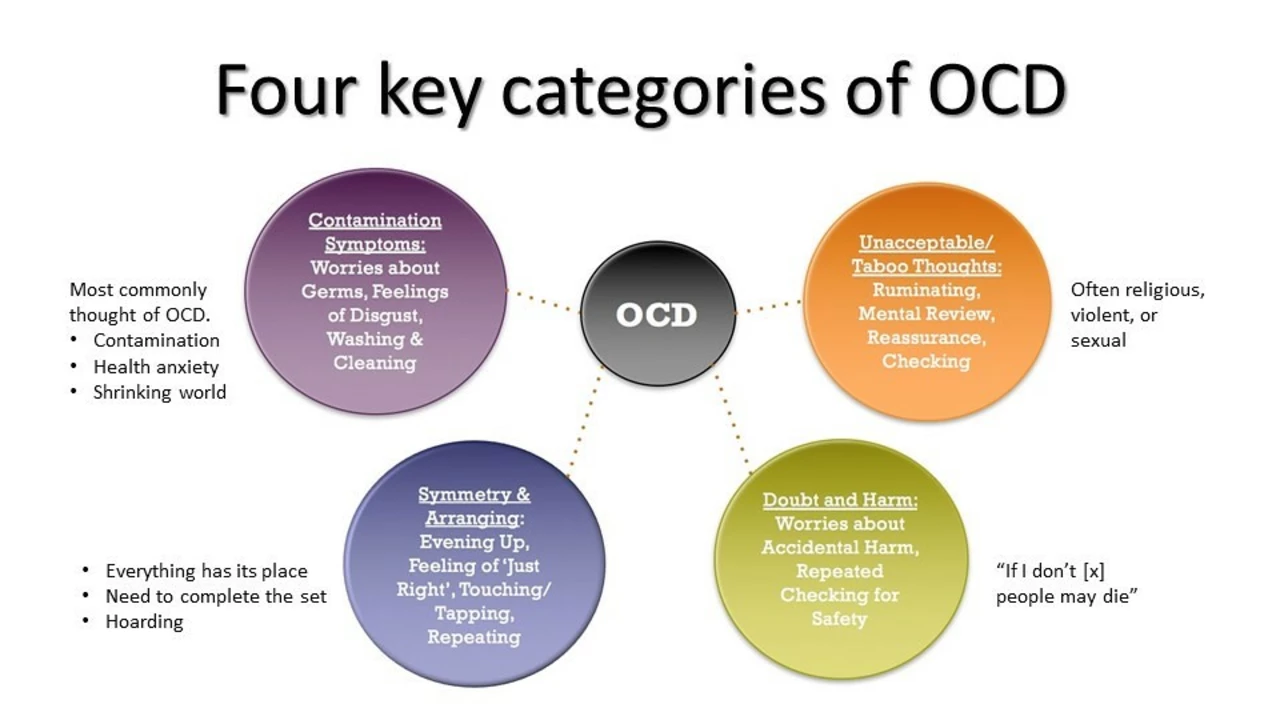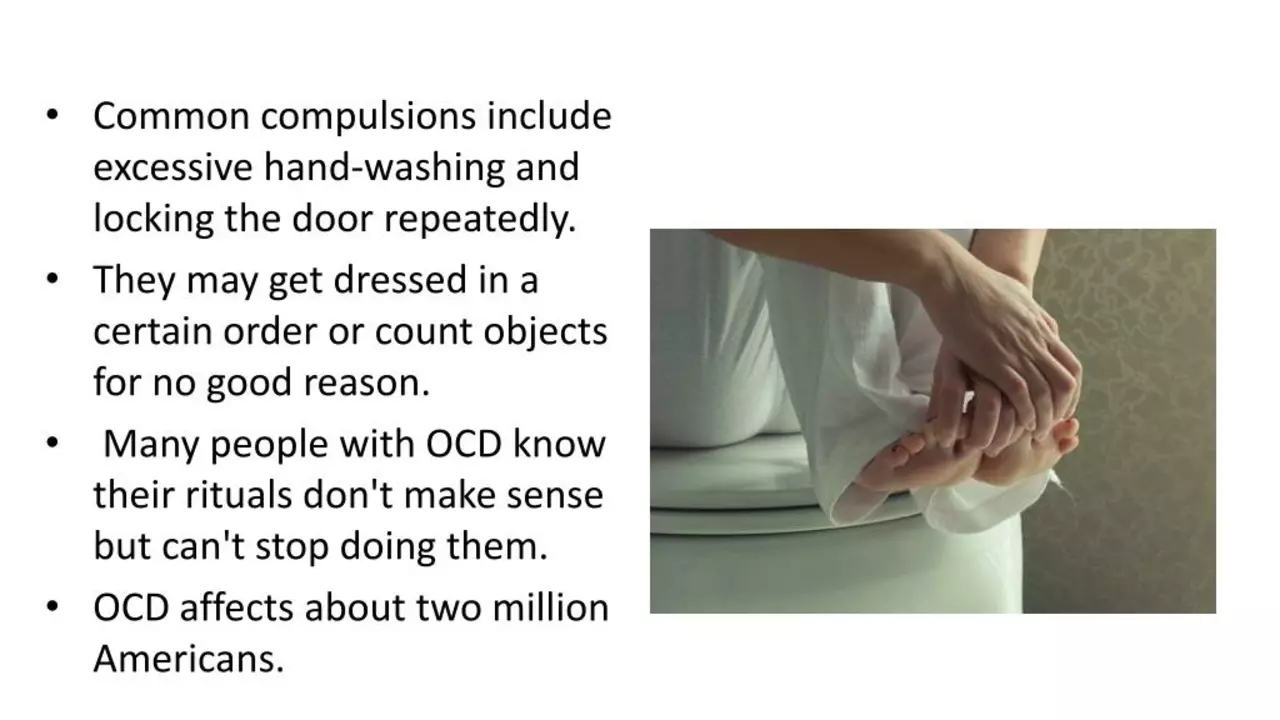Understanding Obsessive-Compulsive Disorder
Obsessive-Compulsive Disorder, often called OCD, is more than just being neat or tidy. It’s a condition where people get caught in repeated thoughts and actions that they can’t easily control. These can take up a lot of time and make everyday life tougher. If you find yourself battling with unwanted worries and compulsive behaviors, you’re not alone — millions deal with this, and help is available.
Recognizing Symptoms
The core of OCD is obsessions and compulsions. Obsessions are constant, unwanted thoughts, like feeling dirty or fearing harm. To ease these obsessions, compulsions happen — these are repeated actions like washing hands a lot or checking locks again and again. These aren’t just habits; they’re urgent behaviors you feel forced to do. Spotting these patterns early makes a big difference in managing OCD.
Taking Control with Treatment
Treatment can really help when OCD messes up your mood and routines. Therapy, especially cognitive-behavioral therapy (CBT), works by teaching techniques to face fears without falling into compulsions. In some cases, doctors may suggest medications like antidepressants that balance brain chemicals. Many people find a mix of therapy and meds is a good path forward. The key is consistency and working with professionals who understand OCD.
Living with OCD isn’t about perfection; it’s about finding ways to reduce stress and regain control. Simple steps like establishing routines, practicing mindfulness, and joining support groups can make a real impact. Also, being patient with yourself during this process is important — progress can come gradually.
If you or someone you know struggles with OCD, reaching out for help is the first smart move. Understanding the disorder clears up confusion and reduces stigma, making it easier to take action. At DoctorFox.SU, we aim to guide you through trusted information and support options. You don’t have to face OCD alone — practical help is just a step away.
Risperidone and Obsessive-Compulsive Disorder: Potential Benefits and Risks
Risperidone, my friends, appears to be a real game changer for those battling the relentless beast known as Obsessive-Compulsive Disorder (OCD). This little pill shows a lot of promise in helping to suppress those obsessive thoughts and compulsive behaviors. But, like a reality TV show, it's not all roses and champagne! There are risks tied up with risperidone, like weight gain and drowsiness, kind of like what happens after a Thanksgiving dinner! So, before you go poppin' risperidone like candy, make sure you're aware of the potential benefits and the not-so-pleasant side effects!
READ MOREDosulepin for Obsessive-Compulsive Disorder (OCD): Potential Benefits and Drawbacks
- DARREN LLOYD
- 10
Hey there, folks! So, we're diving into the deep end today, chatting about Dosulepin and its role in treating Obsessive-Compulsive Disorder (OCD). The upside? Dosulepin could potentially ease the mental loops and hand-washing marathons OCD is notorious for. But hold onto your hats, it's not all sunshine and rainbows. While the potential benefits are intriguing, we can't ignore the drawbacks, such as possible side effects. So, it's kind of like getting an extra scoop of ice cream, only to find out they're out of your favorite flavor - bittersweet, but still worth considering!
READ MORE

